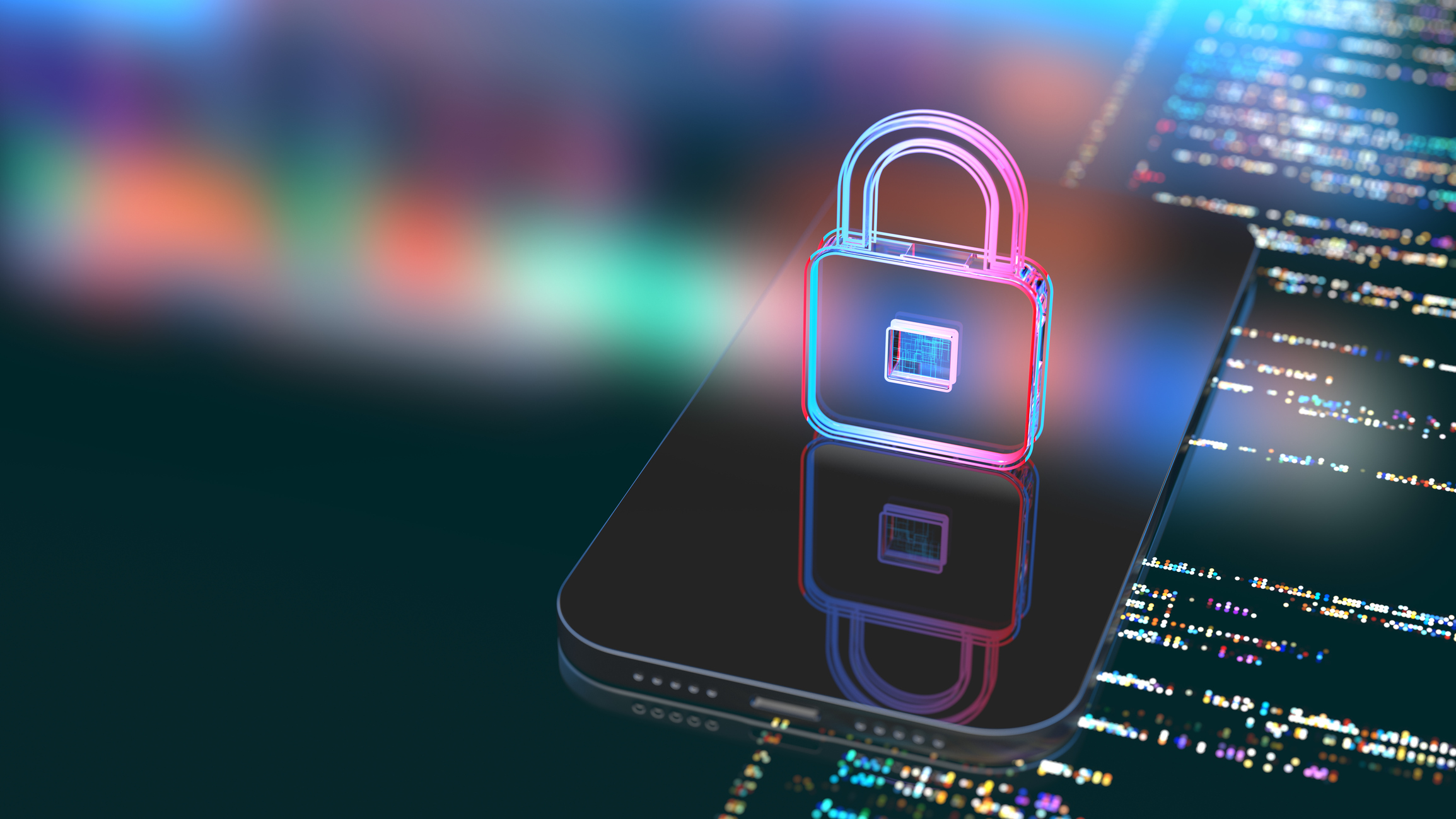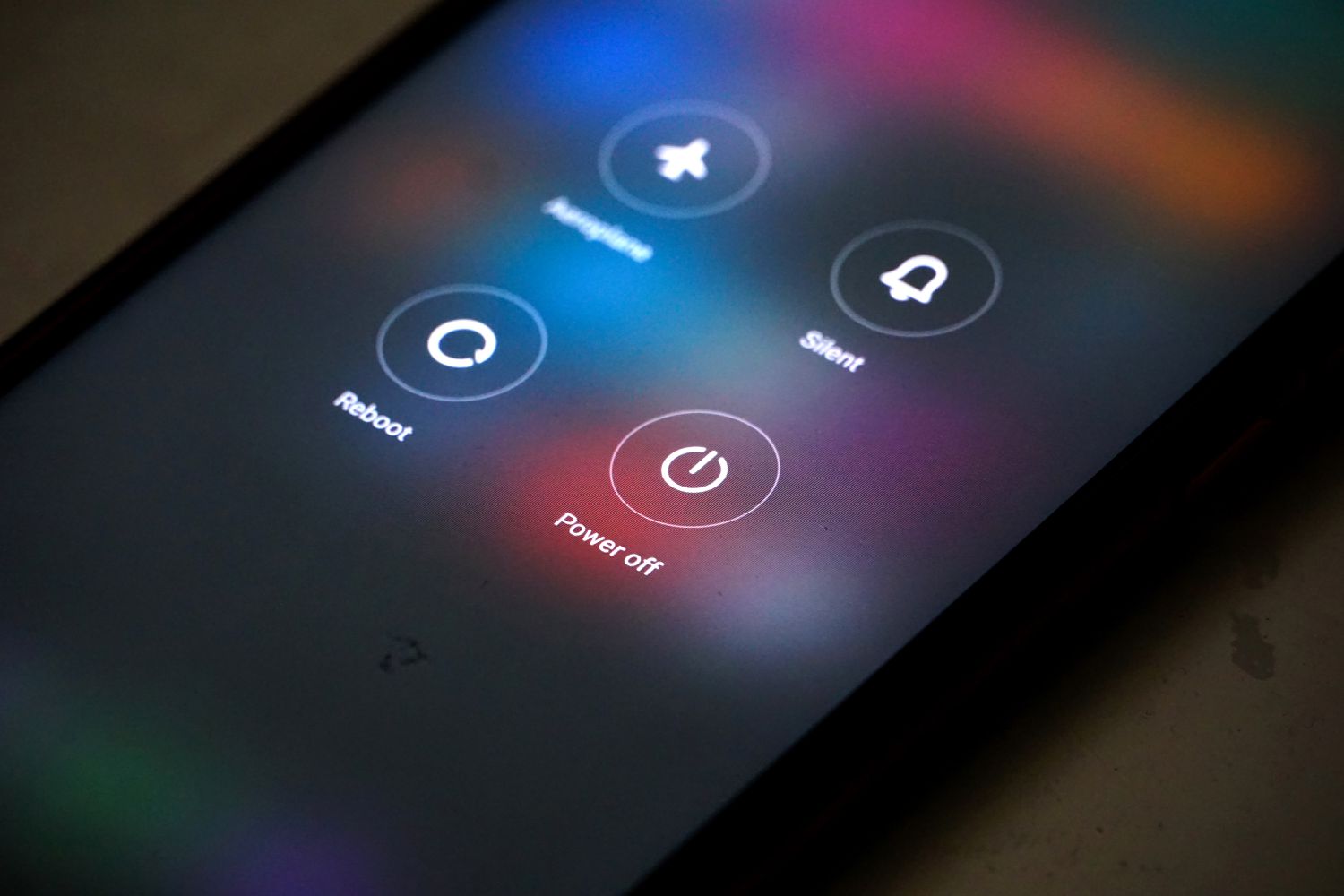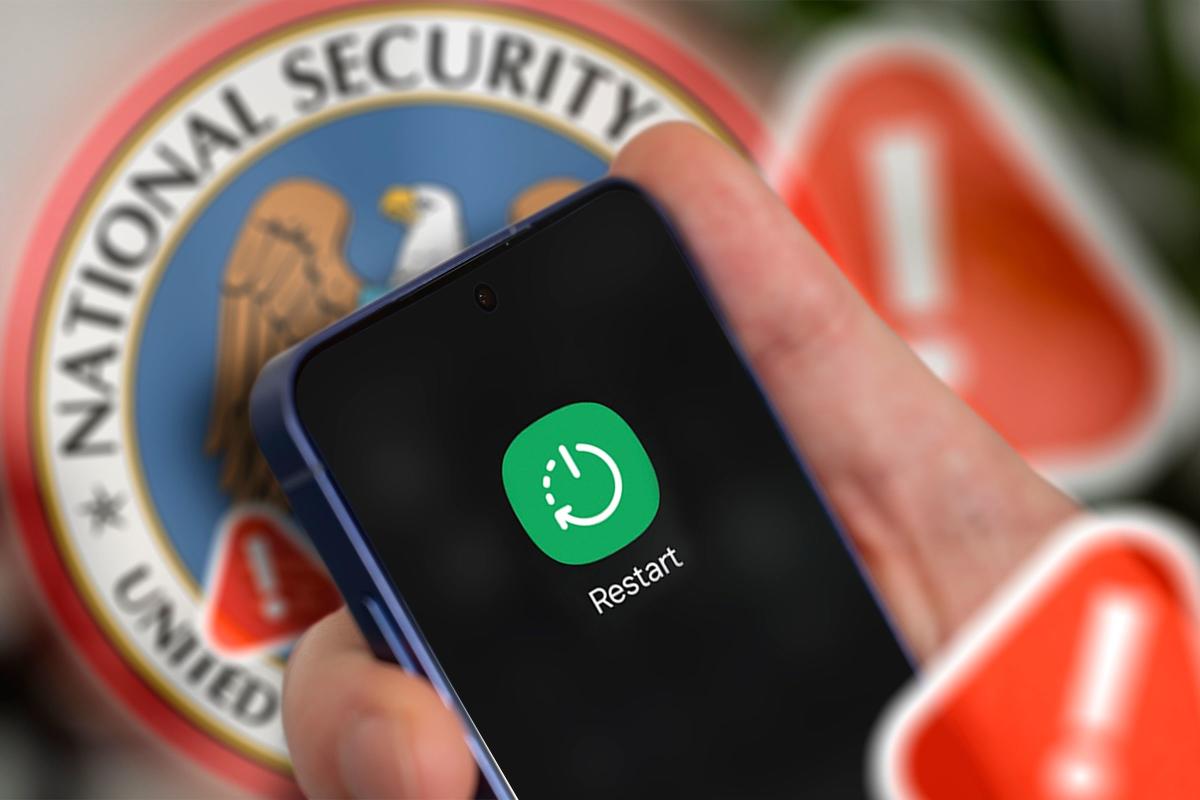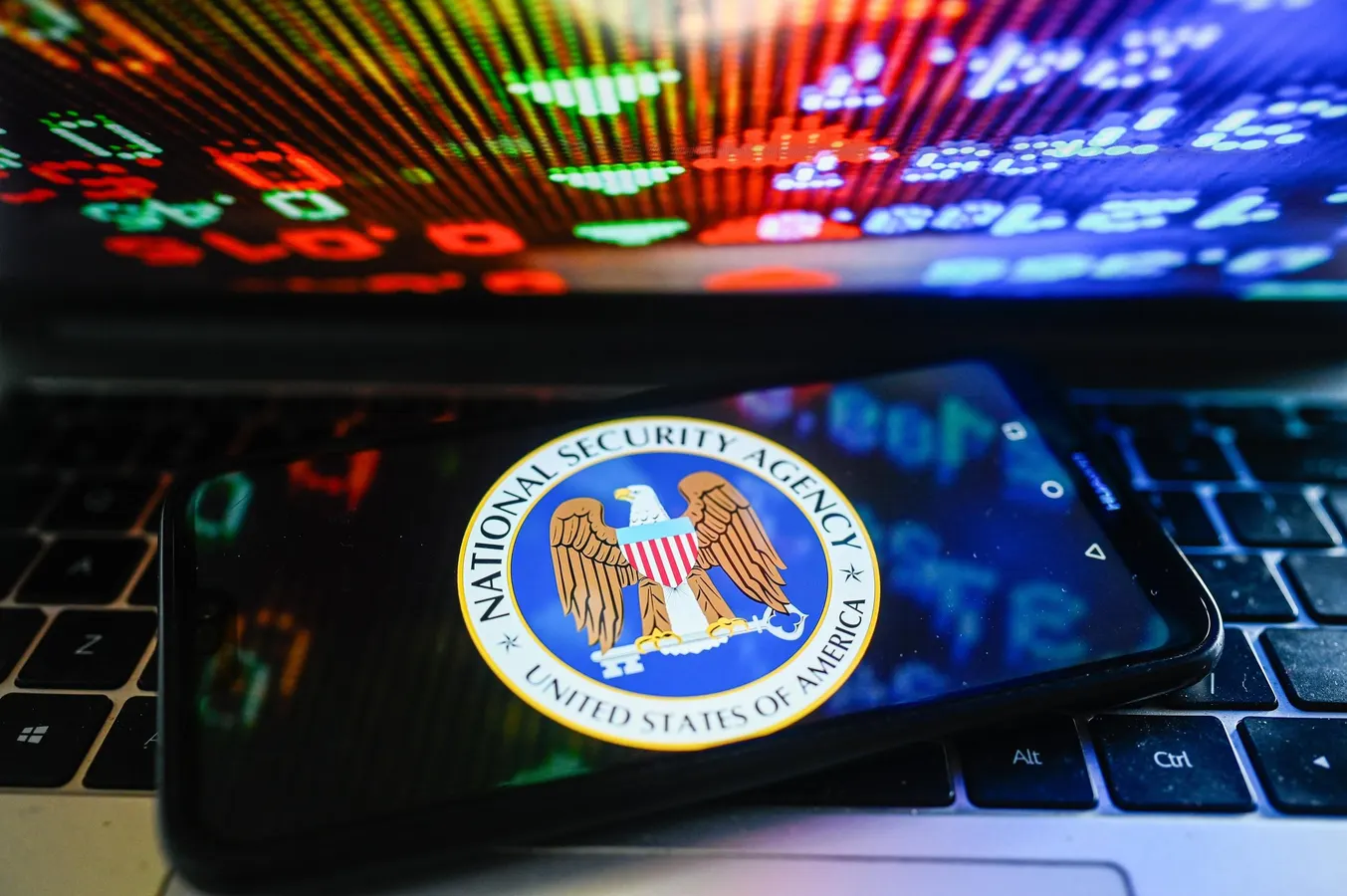In an era where our smartphones nearly double as extensions of ourselves, security is paramount. Recently, the National Security Agency (NSA) has reiterated advice that sounds all too familiar yet essential: reboot your smartphone regularly. While this guidance might echo the comedic undertones of The IT Crowd’s classic line, “Have you tried turning it off and on again?”, the implications here are far from a laughing matter. But how effective is this rebooting advice from the NSA as we advance deeper into 2024, a year rife with technological advancements and cyber threats?

The Essence of Rebooting: A Closer Look at NSA’s Advice
Originally detailed in a 2020 publication, the NSA’s rebooting recommendation has continued to stir discussions and debates. This simple act of turning your device off and then on again is positioned as a first line of defense against many cyber threats. According to the agency, although rebooting is not a magical cure-all, it effectively counters certain types of malware, particularly those that do not persist through a reboot. In essence, restarting your device can disrupt malicious code that temporarily resides in the memory, thereby providing a clean slate.
This method specifically targets zero-click exploits and spear phishing attacks, which can infiltrate devices without any interaction from the user. While these threats are sophisticated, their inability to withstand a device reboot puts power back into the hands of users. The NSA underscores this point with clear, icon-based instructions in its advisory, urging users to embrace regular updates, strong authentication measures, and, of course, the occasional reboot.

The Debate: Security Versus Convenience
Despite the NSA’s straightforward advice, the cybersecurity community remains divided. Some experts laud the recommendation for its simplicity and effectiveness, especially for less tech-savvy users. Others, however, argue that rebooting is a rudimentary tool that fails to protect against more persistent or advanced forms of malware. For instance, sophisticated spyware used by nation-states, such as the infamous Pegasus, can adapt by exploiting binaries post-reboot, thus avoiding detection and maintaining their surveillance capabilities.
Jake Moore, a global cybersecurity evangelist from ESET, sheds light on the broader spectrum of device health: “As long as people are regularly updating their devices when fresh operating system versions are released,” he notes, “devices will remain healthy and protected.” Moore also suggests that regular reboots are beneficial not just for security, but for overall device performance and battery life.

Practical Insights: When to Reboot?
So, should you reboot your smartphone every week in 2024? It’s not mandatory, but it’s certainly advisable. Rebooting plays a crucial role in maintaining your device’s integrity, especially against threats that are designed to operate transiently. It’s a simple yet effective habit that enhances security without costing users anything more than a minute or two of downtime.
Moreover, rebooting is part of a broader cybersecurity regimen that includes regular software updates and cautious interaction with unknown links or attachments. By integrating these practices, users can fortify their defenses against an ever-evolving threat landscape.

In conclusion, the NSA’s rebooting advice, while seemingly basic, is a testament to the adage that sometimes the simplest actions can be the most effective. In the digital age where threats are constant and complex, taking proactive steps like rebooting can significantly reduce vulnerability. It’s a small habit that could potentially safeguard your digital life, aligning well with the NSA’s cautious, yet critical approach to cybersecurity in 2024.
In the words of the NSA and cybersecurity experts alike, when it comes to protecting your digital devices, sometimes the best action is to turn it off and then turn it back on. So, the next time you’re pondering over your device’s health and security, remember that a quick reboot might just be the refresh your smartphone needs.










